A California-based Korean BBQ chain attracting Wall Street and meat lovers is now expanding across the US see what it's like to dine there
Brittany Chang

- Gen Korean BBQ, an all-you-can-eat Korean barbecue chain, is rapidly expanding across the US.
- The casual restaurant offers endless mounds of Korean-inspired meats for patrons to cook at their tables.
The next hottest restaurant in your town could be a barbecue chain. Just be prepared to grill your own meat.
Gen Korean BBQ, founded by two Korean immigrants, first hit the Los Angeles food scene in 2011, wooing diners with its marinated meats, do-it-yourself culture, and banchan (side dishes). Since then, the interactive dining experience has grown to 34 locations across the US primarily in California and Texas. And now, it's expanding fast.
In 2023, Gen opened its first East Coast locations in New York City and Fort Lauderdale, Florida. Soon, the restaurant group — which successfully went public in June — will launch in a list of states across the US.
Here, there are no racks of glazed sugary meats served to you on a giant platter.
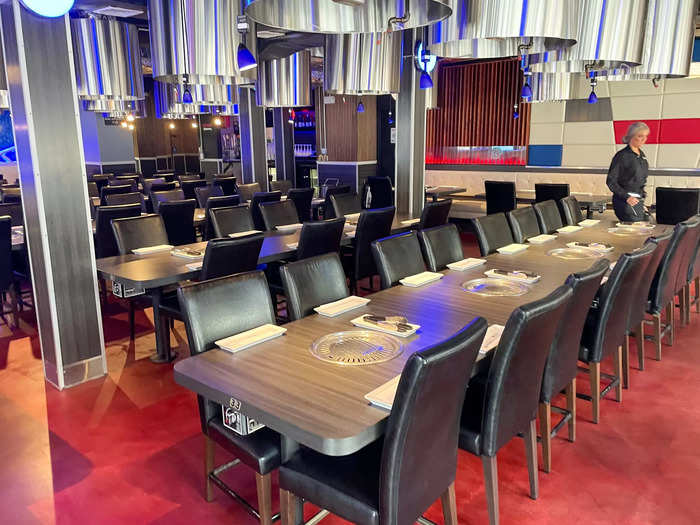
Instead, casual all-you-can-eat Korean barbecue joints like Gen have a grill fixed in the center of the table. Patrons then order cuts of plain or marinated meat to cook themselves.
It could be a foreign concept to Americans who don't have exposure to Korean cuisine and dining culture.
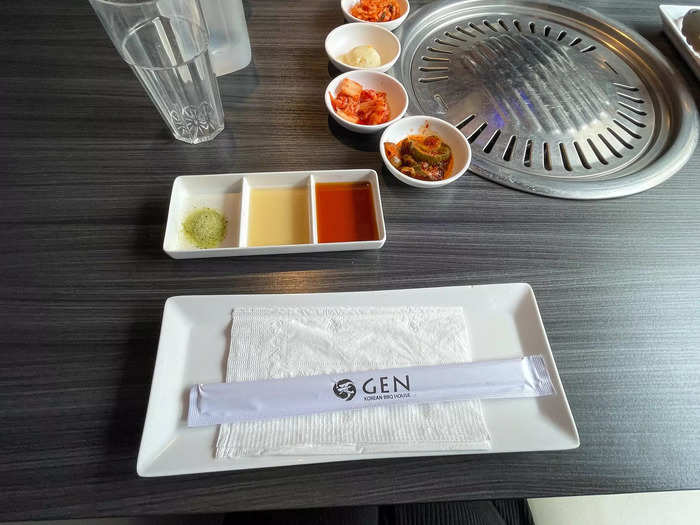
But that's not stopping Wall Street from betting on Gen: The chain went public in late June, beating expectations and raising $43.2 million in its initial public offering.
"We're a very profitable company," David Kim, the brand's co-CEO, told Yahoo Finance in July. Before Gen, Kim was the CEO of La Salsa and Baja Fresh Enterprises.
In its second quarter 2023 earnings report, Gen Restaurant Group reported its revenue had increased more than 10% to $46.5 million compared to the same period in 2022.
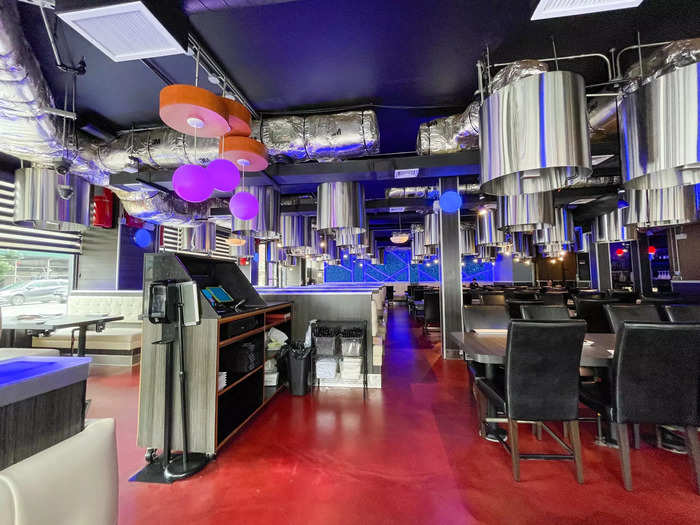
Since that time, the brand has also opened six new restaurants including its first in New York and Florida.
Gen now believes it has the "long-term capacity" to launch over 250 locations throughout the US, the company said in its recent earnings call.
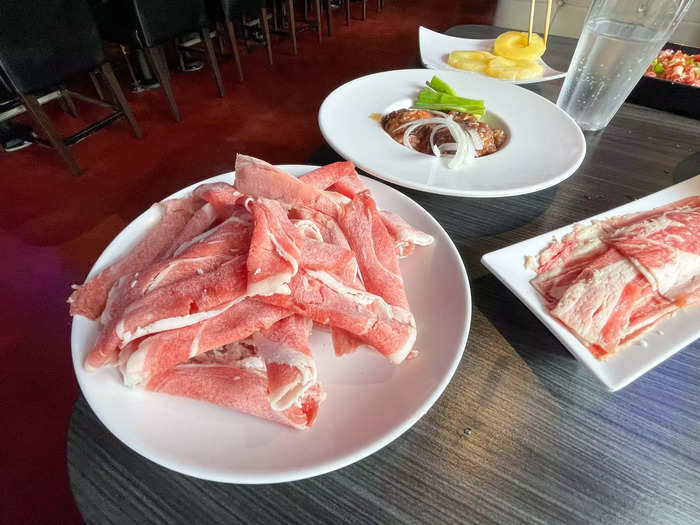
To start, the plan is to expand in states where success has been proven: This year, it's targeting six to seven openings in Florida, Hawaii, Texas, and Washington.
In the second phase, the Korean barbecue chain will explore new markets. The company is now negotiating leases in Colorado, Massachusetts, New Jersey, Oklahoma, Oregon, Utah, and Washington D.C.
As a fan of Korean barbecue, this is music to my ears.
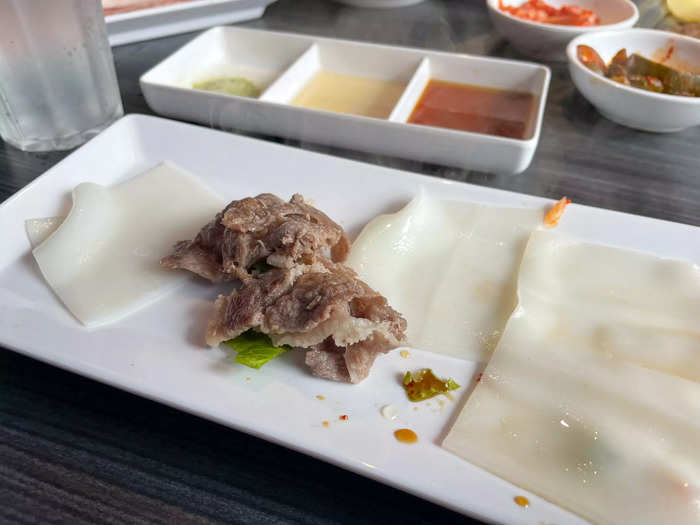
I've been dining at Korean barbecue joints like and including Gen since I was a child. So I couldn't resist the opportunity to grab a Thursday lunch at its newest New York City location.
Side note, if you've ever gorged on all-you-can-eat Korean barbecue before, you'll know why a weekday lunch was a bad idea.
If you prioritize variety, bring a friend or two to maximize your order.
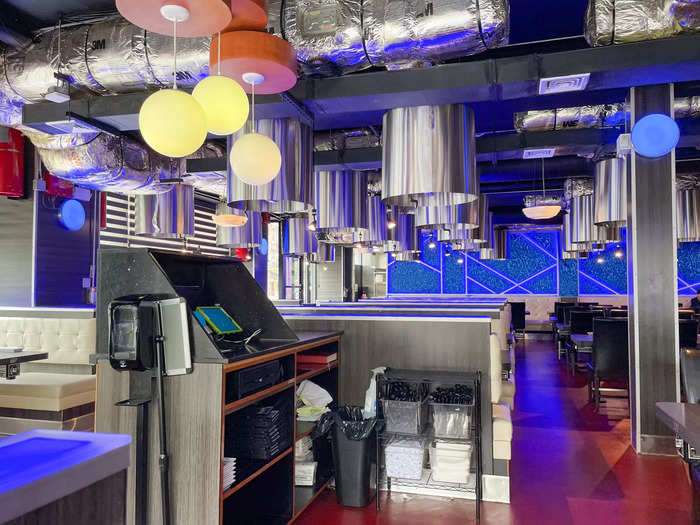
My co-diner and I got a table immediately at around 12:30 p.m. But when I’ve dined at night, I’ve seen crowds waiting out the door and hours-long wait times.
Inside, Gen is not a typical American Golden Corral-style buffet.
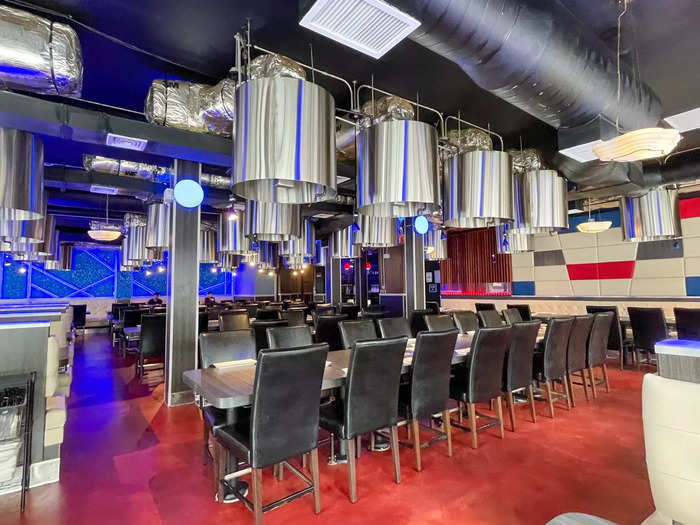
There are no large chafers with serving tongs and lines of people breathlessly waiting to pick at the food.
Nor is it a vegetarian or vegan haven.
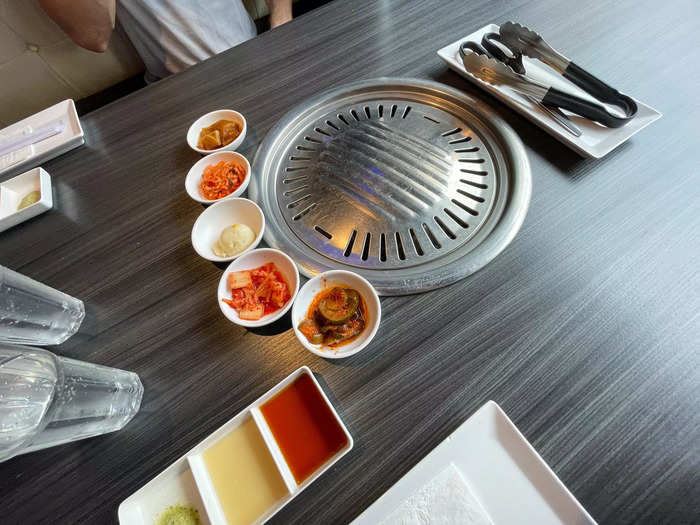
While there are some plant-based options, I'm not sure most vegetarians will love a menu filled with mostly raw beef, pork, chicken, and seafood.
After all, you're not going for fresh asparagus and a farmer's market salad.
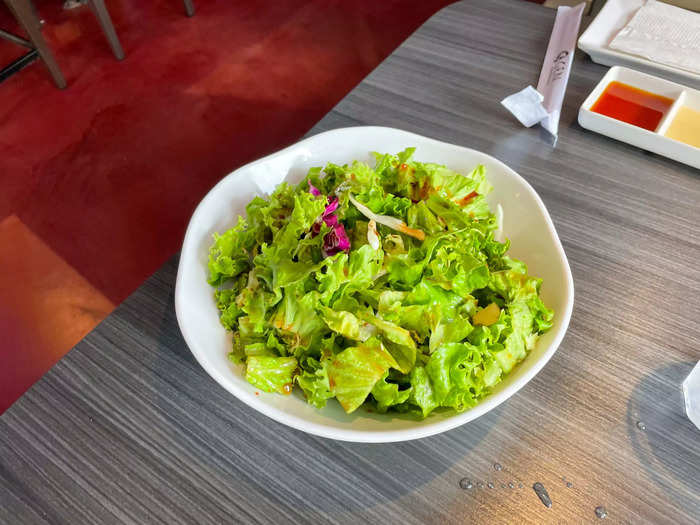
However, Gen's New York City location does offer some pre-cooked soups and appetizers like katsu (breaded and deep-fried meat) and dwenjang (a fermented soybean-based soup).
For the tighter lunch menu of 29 options, we paid $28 per person.
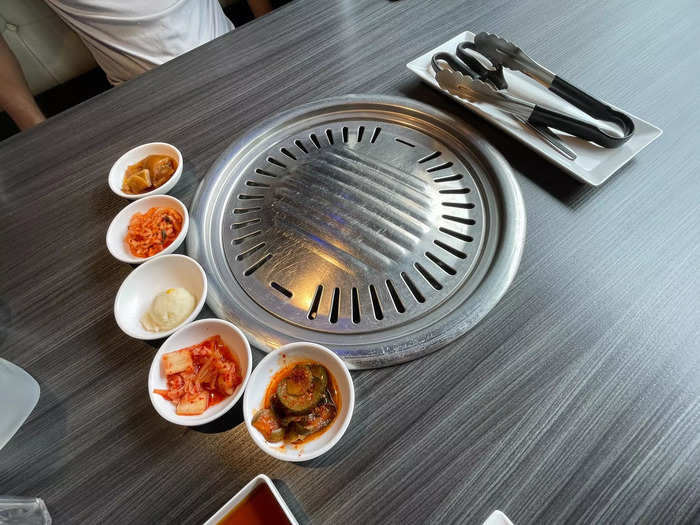
At dinner, this price jumps to $34 for 41 options. But if you dine after 10 p.m., be prepared to pay $38.
The company said during its earning call that this quantity and price point could defend the brand from a recession.
What an ice cold "brewski" is to American barbecue is what soju is to Korean barbecue.
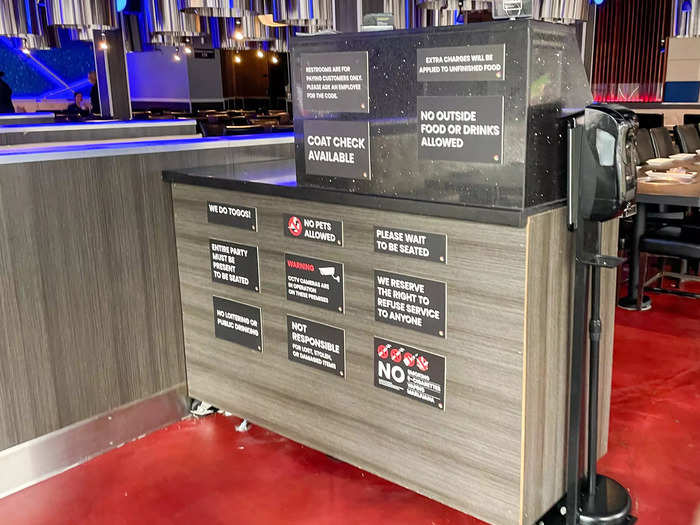
Depending on the location, Gen also sells sodas, soju, sake, wine, and beer at an additional cost. I passed — I did have to go back to work after, of course.
In my opinion, cuts like chadol (brisket), bulgogi (marinated beef), galbi (marinated short ribs), and samgyubsal (pork belly) are good options for first-timers.
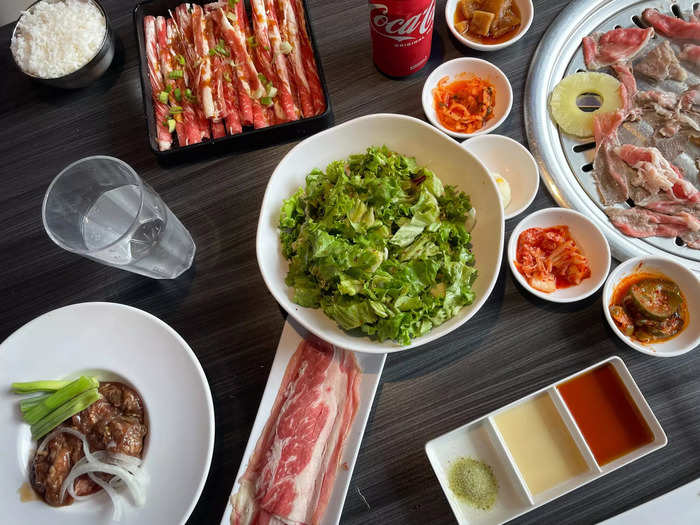
The marinades are nothing like the typically heavy and sweet American barbecue sauce. Instead, they taste lighter and more soy-based.
Because of the limited lunch menu, we ordered the first two plus two types of beef belly including one dressed in a honey-mixed marinade.
Several sides and sauces are also included in the price.
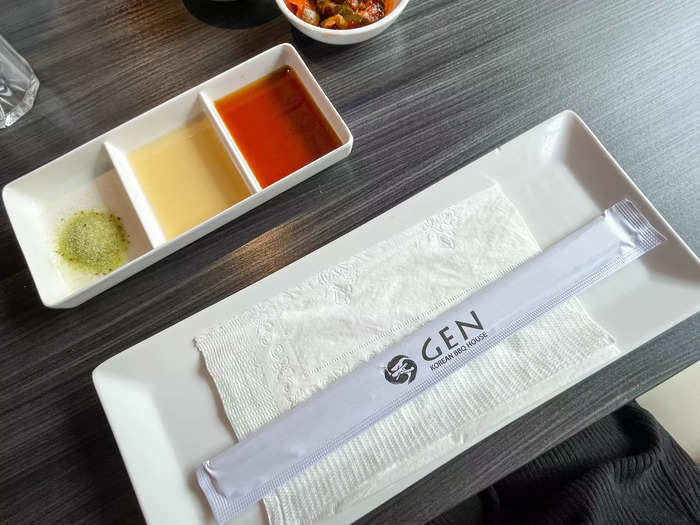
This included the banchan and a plate of sesame oil, green tea salt, and a light soy-based sauce (pictured above).
Our banchan included a mild kimchi, sangchae (pickled radish), sweet potato salad, marinated cucumbers, and another marinated pickled radish.
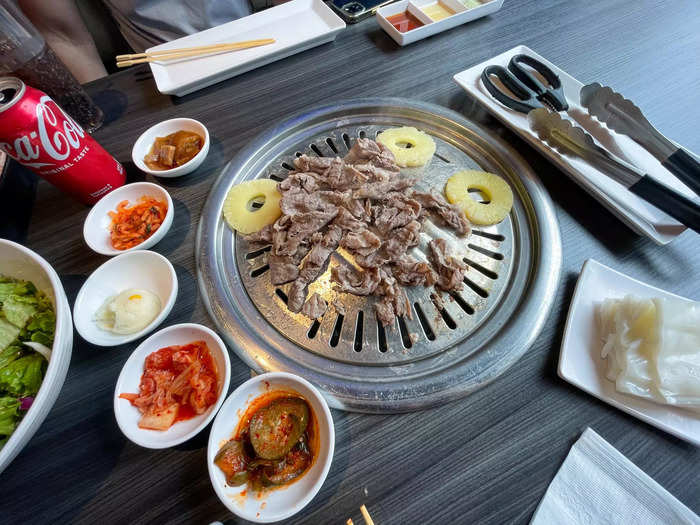
Diners can then request refills and additional sides like salad, rice, and rice paper (my favorite).
The salt was my favorite dip and a great addition to non-marinated meats.
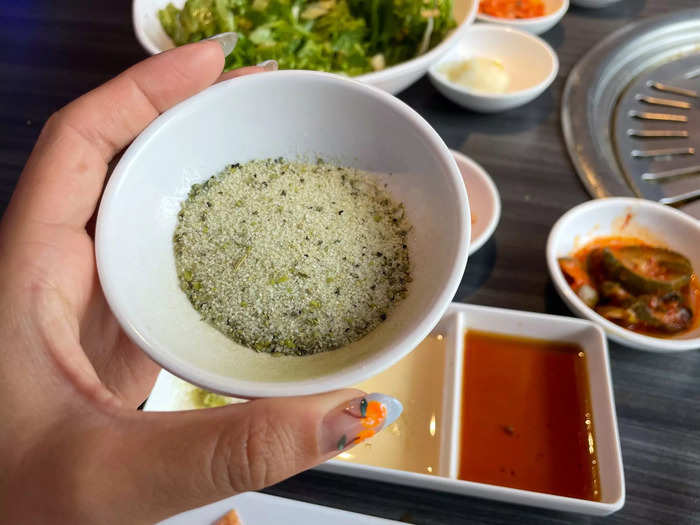
At other Korean barbecue establishments, the nutty and pungent sesame oil is typically my favorite. But here, it tasted like it had been diluted with a cheaper neutral oil.
Like any restaurant, the waitstaff brings out your order, most of which will be raw meats.
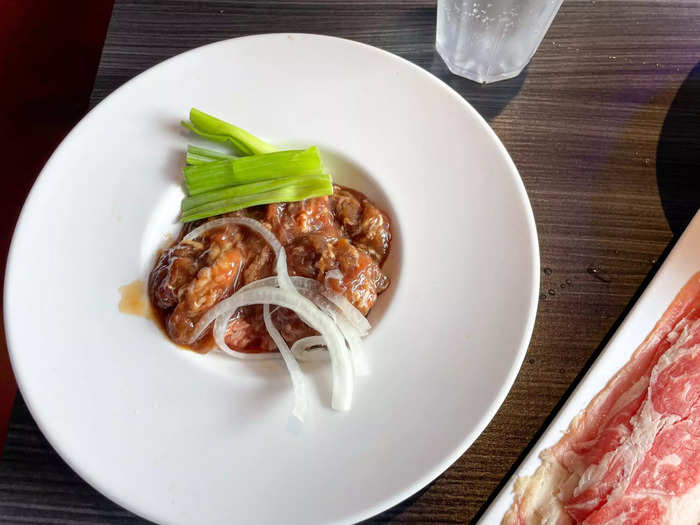
Patrons are then responsible for cooking these at their own grill-lined table, lowering the chain's operating costs while expanding its number of tables.
Because we didn't wait for the cooks to prepare our order, we received our cuts of meat within minutes.
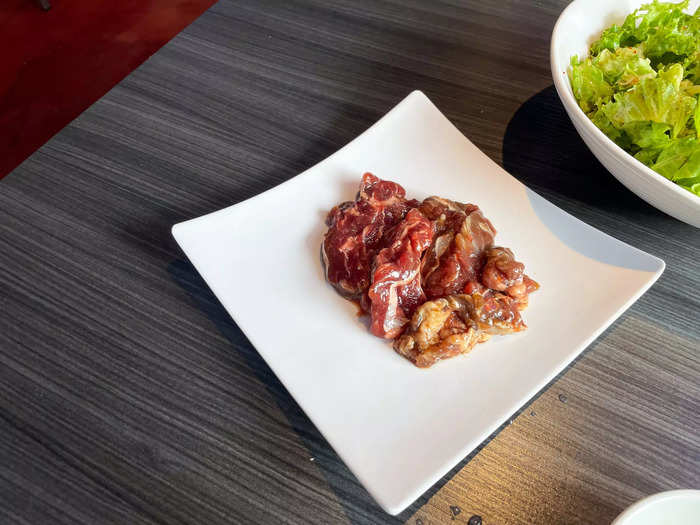
The service was incredibly fast — maybe the most efficient of any restaurant in the city. They also take on a gentle parent-like role during this heat and meat-filled frenzy, guiding you if you need help cooking or replacing your grill if it gets too charred.
Going to a restaurant to cook your own food could seem antithetical to the idea of dining out.
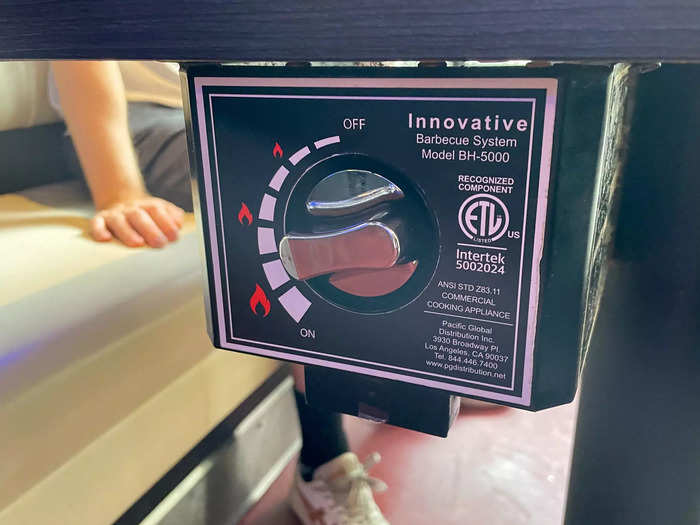
But here, cooking is most of the fun: It's social, customizable, and a great conversation centerpiece.
"We realized what a small percentage of the population truly understands our concept," Kim said during the earnings call.
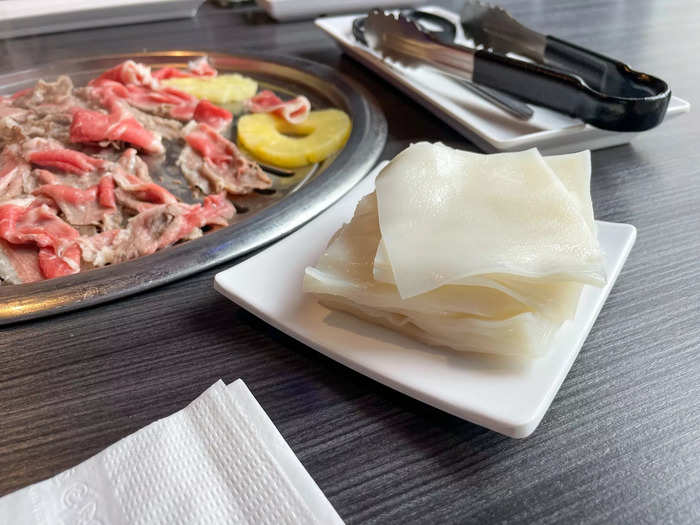
"We're educating our guests and landlords on how our business operates, which provides significant upside as Americans across the country are introduced to the Korean barbecue way of dining," he continued.
Don't expect quality akin to a Michelin-rated Korean barbecue joint.
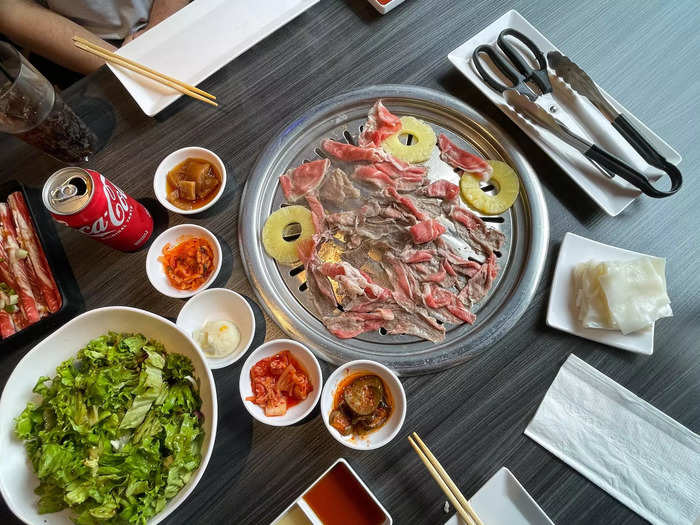
My plate of brisket (pictured above) was partially frozen and relatively tasteless — hence the salt — while the bulgogi was clumped together and difficult to break apart, resulting in an uneven cooking process.
But I wasn't bothered by these issues.
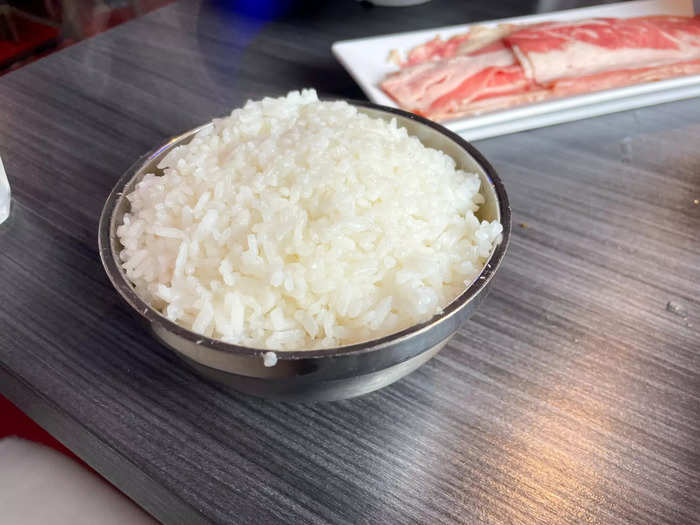
Fine by me — endless cuts of meat for $28 a person seems like a steal compared to other Manhattan establishments where one burger could run for that same price.
To feel like you're getting your money's worth, you could keep hogging down on endless meat.
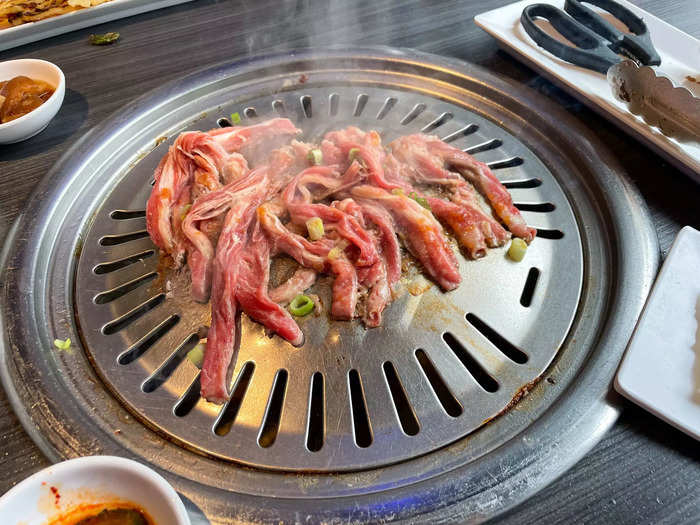
But after a few plates, this could start feeling daunting — cue the meat sweats.
So here's my non-expert "best bite" recommendation: Use a rice paper sheet to wrap a piece of kimchi, salt-dipped meat, and lettuce.
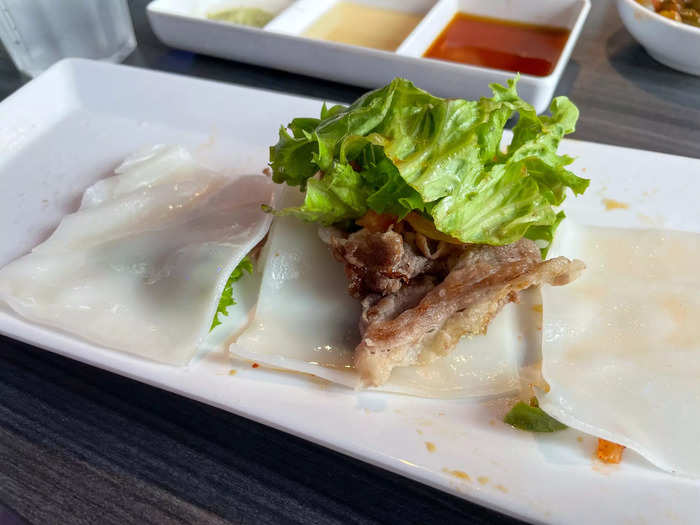
Then eat like a tiny floppy taco.
Rice is an integral component in salty and saucy East Asian meals. Here, the soft rice paper serves as this vessel. The essential kimchi and lettuce then cut the heavy and salted meat with fresh acidic kick.
Sure, it's a heavy meal.
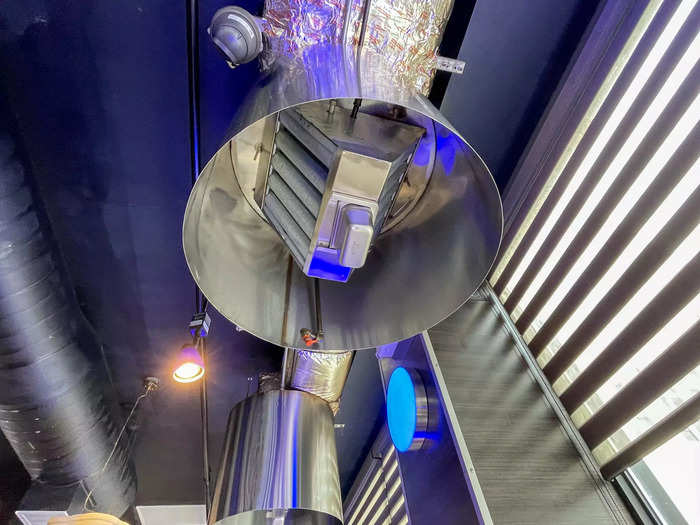
And sure you'll end up walking out of the restaurant smelling of meat and smoke. And no, these vents won't help much.
But it's easy to spend over an hour enjoyable chowing down at a Gen with friends and family.
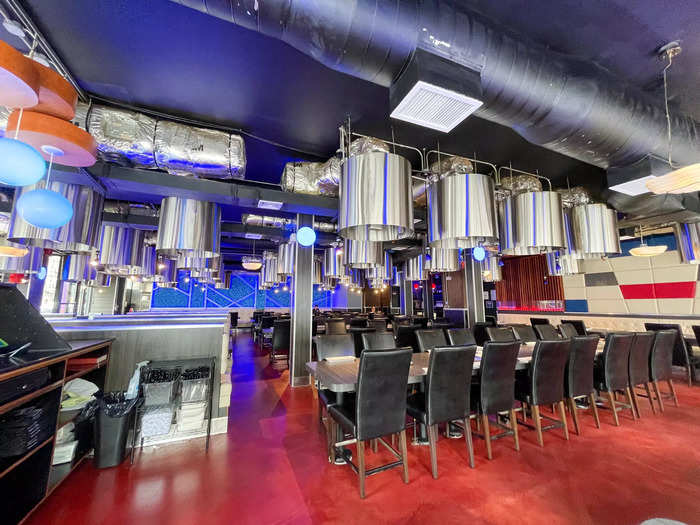
Between ordering and cooking your own meal, mastering your perfect bite, and slinging back some drinks, getting a table at Gen feels more like dining at a friend's apartment than eating at a restaurant.
And while it's not traditional American barbecue, I have no doubt this concept could catch on quickly in the US.
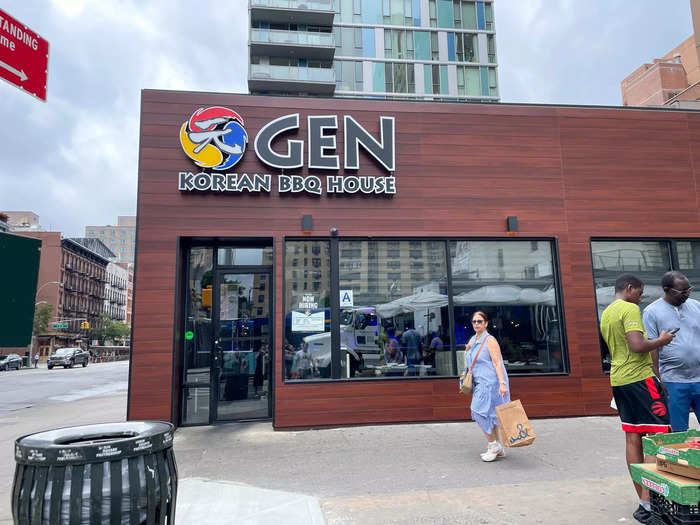
If there's one thing Americans love, it's meat. And if there's one thing Gen does well, it's meat in massive quantities at price so decent, the quality won't matter.
Popular Right Now
Popular Keywords
Advertisement